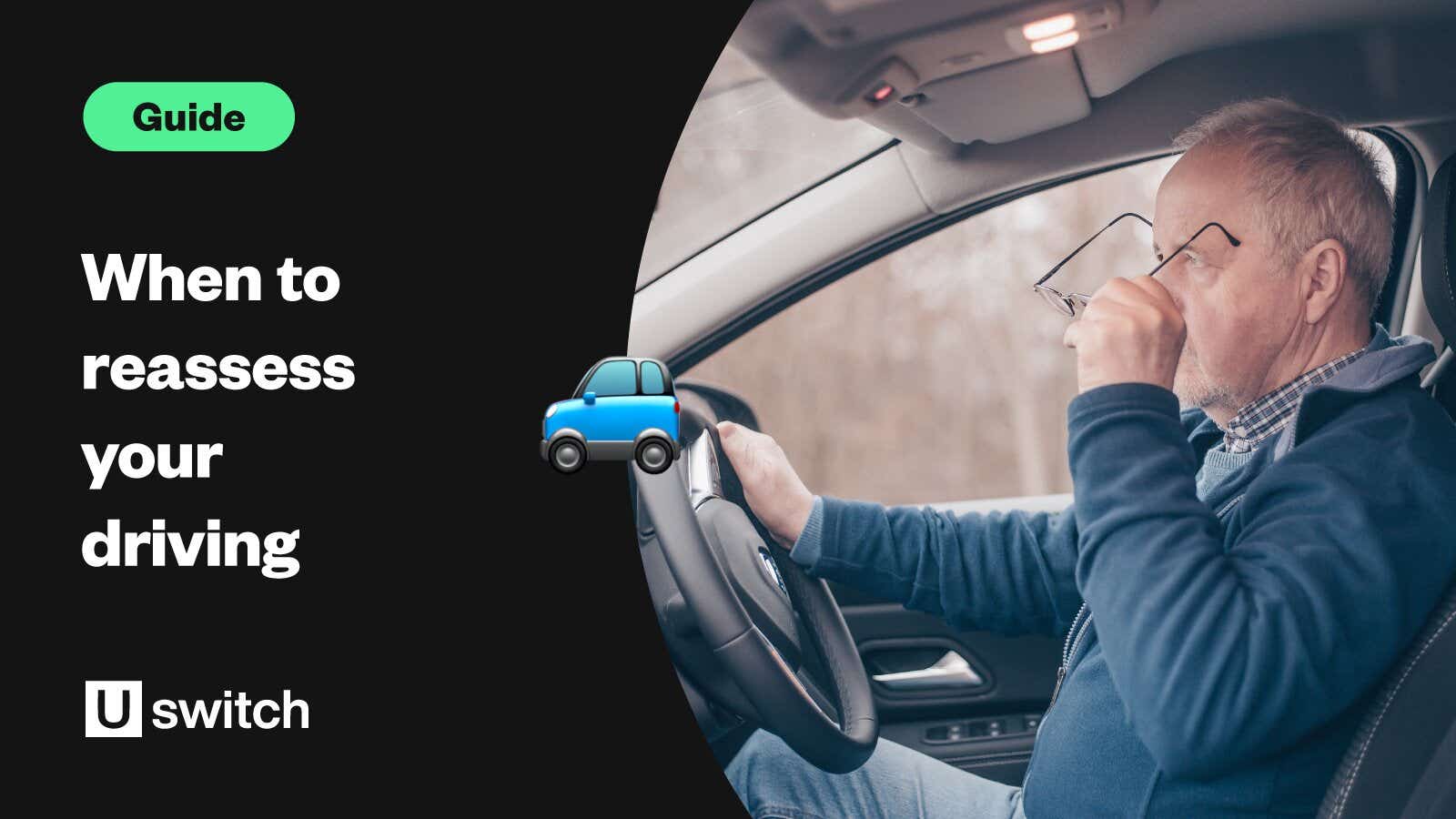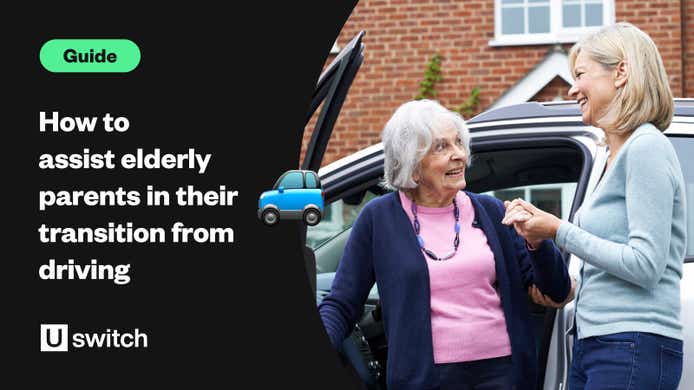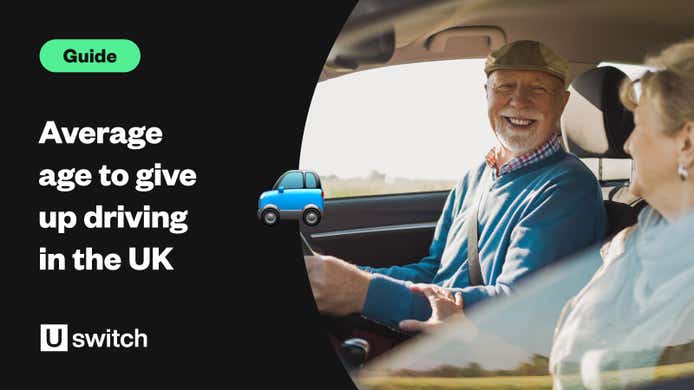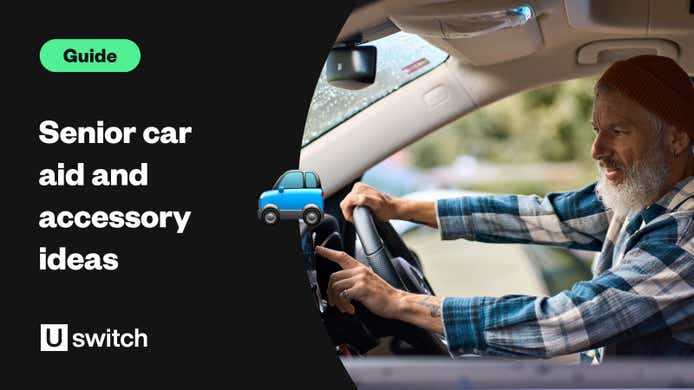For many people, it is far preferable to decide when to give up driving themselves, rather than being advised to by others. Despite this, it remains difficult to notice the signs in yourself or to admit that they have stacked up to a list of reasons indicating you need to retire from driving.
Understanding the impact of ageing on driving ability
Physical changes and their effects on driving
Getting older is a process that happens to everyone at different speeds. There is no specific age where you can definitively say, “I am physically too old to be driving”. In fact, there are nearly 140,000 drivers over the age of 90 in the UK alone.
Therefore, it is your responsibility to pay attention to the physical changes your body undergoes and consider how these are affecting your ability to drive safely and enjoyably. Arthritis can make it painful to properly control the steering wheel or the gear stick, and weakness or loss of sensation in your feet could place you in a dangerous position if you are unable to brake.
It may be that, once in the car, you feel physically fine to drive, but getting yourself in and out of the vehicle is painful or difficult. This may not necessitate you giving up driving, but it is important to obtain mobility aids to assist you where you can in these circumstances.
Cognitive changes affecting driving
It can be tricky to spot the effects of ageing on your cognitive abilities yourself, so it’s important to be receptive and honest with relatives and friends.
They may notice that you’ve been more forgetful than usual, or that it takes you a little while longer to register a sound or something in your environment. These cognitive changes have as much of an effect on your driving as any physical changes and may cause you to become confused on the road or to misunderstand road signs.
Key signs it’s time to reconsider your driving habits
It may not always be the case that you have undergone any noticeable physical or cognitive changes that would necessitate giving up driving. As you get older, you should consistently take note of your travel experiences and pay attention to any warning signs.
Some signs to look out for are:
- Frequent close calls and minor accidents: If you’re starting to have more close calls on the road, it’s time to reevaluate your safety and competency.
- Difficulty observing traffic signals and signs: This may be due to issues with eyesight or trouble processing information. Visiting an optician may rectify the problem with a new prescription, but they will be able to check your eye health in more detail too.
- Getting lost in familiar places: Getting lost or confused on your usual routes is an indication of changes in your cognitive health. You should speak to your GP for advice before this worsens.
- Struggles with multi-tasking: If you are unable to complete some of the essential driving multitasking, like checking for oncoming vehicles whilst pulling out at a junction or signalling to change lanes, you may be increasing your risk of a collision.
- Feedback from friends and family: As passengers, your friends and family may notice concerning behaviour that you, as the driver, either miss or write off. It’s important to be open to hearing their concerns and act on them together.
Head to our senior driving hub for more information.
The emotional impact of retiring from driving
Losing independence
Most older people considering quitting driving are concerned that this will mark the end of their independence, but this needn’t be the case.
Whether opting for public transport or setting up a plan for your relatives or friends to give you a lift when needed, you can still maintain your independence by planning regular outings. Don’t let the loss of your car overwhelm you, as staying inside is only likely to make you feel worse.
Remember, choosing to stop driving yourself is a marker of independence in itself.
Strategies for addressing concerns and feelings
You should remember that, regardless of the reason that has led to you quitting driving, it is not a reflection on who you are or your ‘usefulness’. Every driver will reach a point where they no longer feel comfortable behind the wheel, and it’s admirable to admit this to yourself and prevent the possibility of an accident or collision.
If you are struggling with feelings of being a ‘burden’ or other negative thoughts, such as that your social life is over, you should reach out to someone for support. Whether this is speaking to a relative or friend, a charity (such as Age UK), or your GP, it’s important to have a sounding board to talk through these feelings.
Alternatives to driving and maintaining independence
Public transportation and its benefits
If you are giving up driving, consider using your local public transport network instead. If you feel nervous about travelling on the bus or train, ask a friend or relative to join you on your first few trips while you get used to the network.
Depending on your age and circumstances, you may already qualify for free or reduced bus travel depending on your age and circumstances. Certain conditions qualify you for a disabled person’s pass, or if you are the state pension age or older, you can apply for an older person’s bus pass.
If you live in London and are 60 or over, you can travel free on buses, tubes, trains and other modes of transport with a 60+ London Oyster photocard (subject to certain time restrictions) and apply for the Older Persons Freedom Pass.
Public transport doesn’t only fill the gap for short journeys after giving up your car: There are many options if you’re a keen explorer or have friends and family to visit across the country. The National Express offers a Senior Coachcard (60+) for a third off fares, and a Senior Railcard (60+) saves you a third on train travel.
Taxis
If you live in Greater London, you may be able to apply for a Taxicard, a subsidised service providing private hire vehicles and Black Cabs for those who may otherwise struggle to access public transport. This is designed to be used for social outings and visits rather than for medical appointments.
Community resources and services for the elderly
There are a range of Community Transport schemes across the country that offer support to elderly and disabled people. This is usually in the form of a wheelchair-accessible minibus which drops passengers off to certain designated destinations, such as shopping centres and GP practices.
Age UK has a tool which allows you to search for your local service (if available). It’s important to note that these services give priority to elderly and disabled people who cannot access public transport.
You may also benefit from the work of the Royal Voluntary Service which, among other things, aims to support the social wellbeing of elderly people by keeping them engaged and active. The charity’s Community Transport service can drive you to social outings, activities, appointments, and out for shopping trips.






